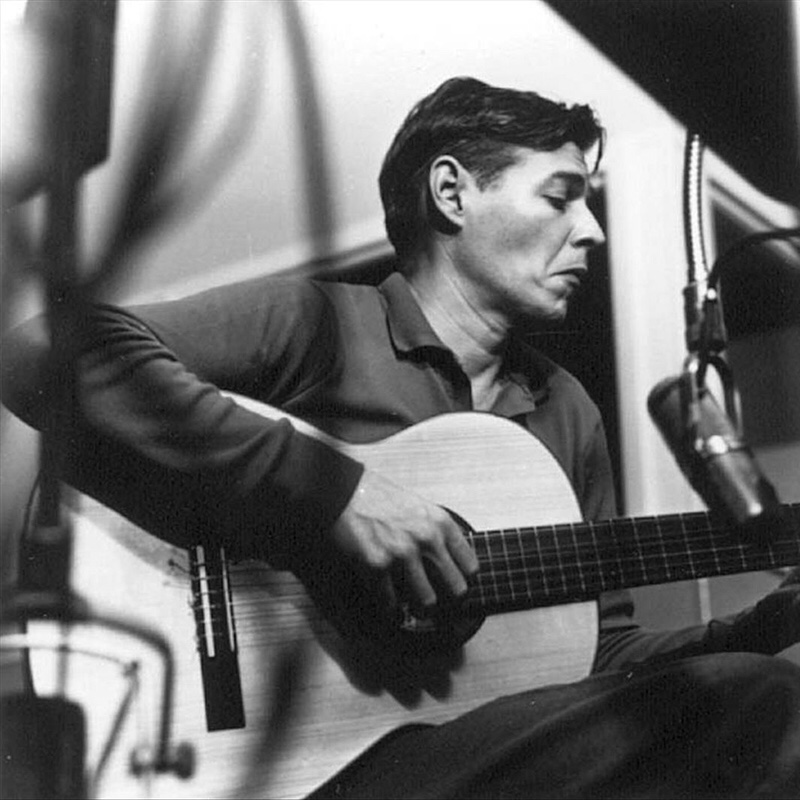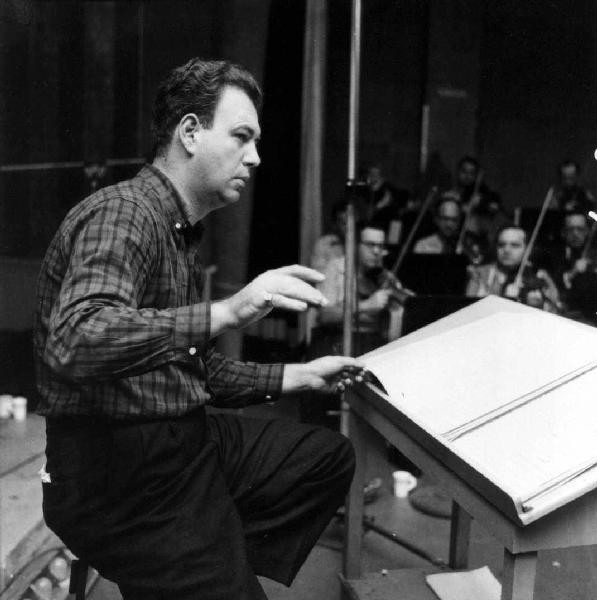

NB – Earlier today I lamented the gaps in my Jobim survey. And presto! Shortly thereafter the missing albums arrive. So here’s the first gap-filler, Jobim’s second solo album, and the first with his singing on it!
Jobim’s second album starts with the vocal She’s A Carioca, sung mostly in English, with a little Portuguese and some jazz-bossa Scat!This is followed with Agua de Beber, one of the several songs here to join the ranks of Jobim’s jazz/bossa standards, starting in Scat, before continuing in Portuguese.
Apart from the vocals the music and mood are pretty much a smooth continuation from The Composer Of Desafinado Plays. Track three is the slightly nutty Surfboard. The melody in this first version is mellower than his later electric organ version, and whilst I love it for its zaniness, it’s not the strongest track on this album.

Useless Landscape (or Inutil Paisagem), sung in English, is rendered here in hyper mellow but otherwise normal m.o. for this era. Whilst this version is perfectly good – it’s a terrific number – quite how great and powerfully emotional this can be isn’t revealed here to best effect here, for my money. I much prefer the much later recording with (I think?) Elis Regina singing.
So Tinha De Ser Com Voce, Tristeza and Felicidade are a string of songs sung in original Portuguese. The first of these is less covered, whilst the second and third are in the middling group of Jobim songs; played often enough, but not quite as frequently as the evergreen standards that Ipanema, Insensatez, Desafinado and such like became.
Bonita makes her first showing here, as track eleven. I think this version, whilst a little blander arrangement wise, finds Jobim in better voice than on the version that opens A Certain Mr Jobim. Having mentioned the arrangements, this time we’re hearing Nelson Riddle, not Claus Ogerman. And overall they are, er… well, less noticeable, on the whole. To some extent they’re not massively different from Ogerman’s, in that we hear strings, flutes, trombones, and it’s all soft, pillowy textures.
But I think Ogerman brings a bit more to the party, so to speak. Riddle’s in the background minimalism is, conceptually, something I like. But one almost feels half the time it’s just not there at all! That’s said, the new to me and rather lovely Valsa Do Porto Das Caixas, a super mellow instrumental, is just Jobim at the piano, with Riddle arranging, and it’s utterly gorgeous!

After this, I found myself more attuned to Riddle’s m.o. and totally dug what he does with Samba do Aviao. This and the achingly beautiful Por Toda A Minha Vida, the latter just Jobim and his guitar, are both in Portuguese. And this last song, one I’ve always loved from knowing much later versions, is just sublime. Love it!
Riddle and the orchestra are back and in fullest effect for the closing number, Dindi. A terrifically beautiful piece which Jobim sings in English here. The pace is stately, the vibe intensely gorgeous. And though Jobim’s voice wobbles a little. It’s not enough to effect the beauty of the song.
Having reached the end, I’m mightily impressed. Ok, not every single number here, as on The Composer, has become an every day standard. But the musical standard has not dropped at all, even with the advent of Tom’s infamously wobbly vocals (which are more of an issue on the later A Certain Mr album).
I have to admit that the cover image, looking more of a piece with the aberrant Love, Strings & Jobim, had my expectations lowered. I think Riddle does well, but Ogerman seems more Jobim’s arranger soulmate. But overall, like his debut, this is another essential slice of Jobim.
